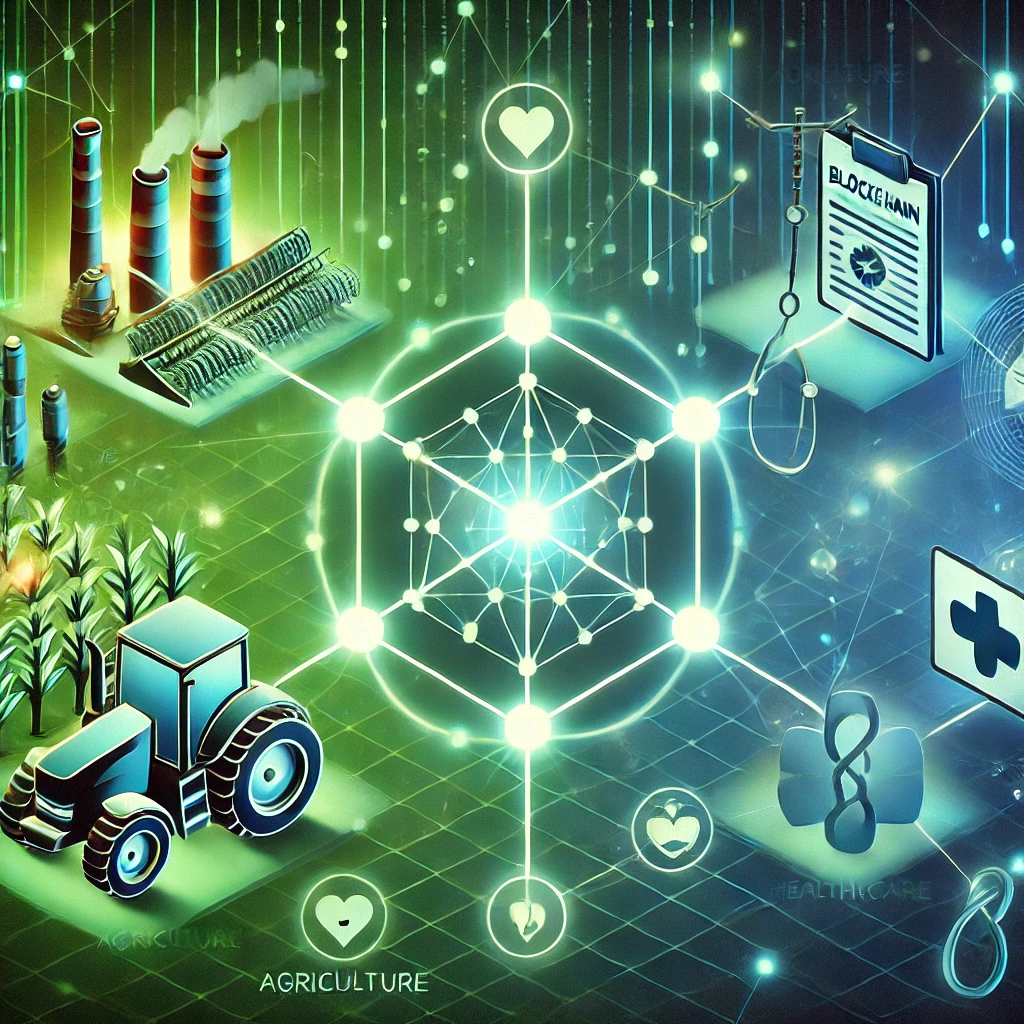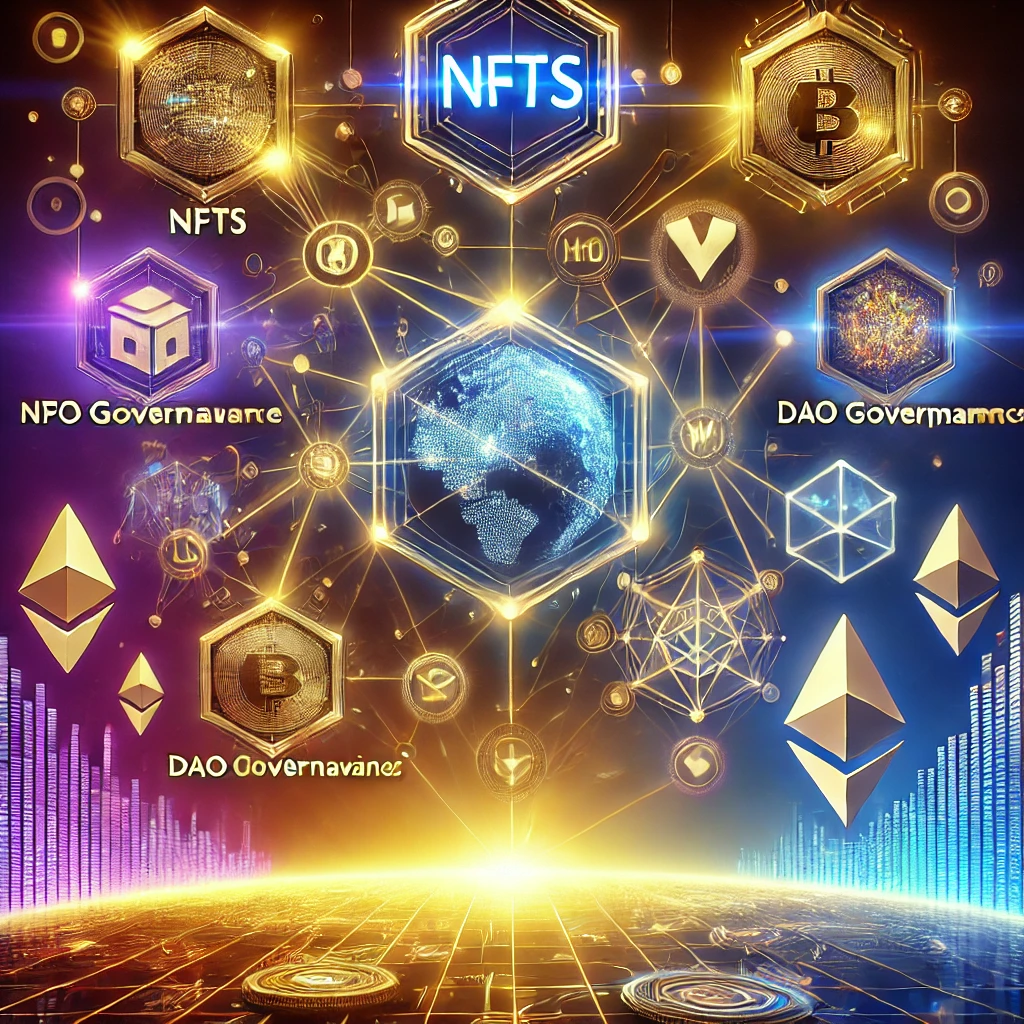Gora, a technology innovator in blockchain infrastructure, has launched a new suite of application-specific oracles designed to meet the unique needs of Web3 projects. Unlike general-purpose oracles, Gora’s solution allows blockchain developers to create customized, open-source oracles tailored to specific use cases and applications, providing a cost-effective, flexible way to connect decentralized applications (dApps) with real-world data.
What Are Application-Specific Oracles?
Oracles are crucial components in the Web3 ecosystem, acting as bridges between blockchain networks and external data sources. Traditionally, oracles have been general-purpose, delivering broad data feeds to a range of applications. Application-specific oracles, however, allow developers to tailor data solutions for individual applications, ensuring more precise data inputs and improved performance for specific use cases.
Key Benefits of Gora’s Application-Specific Oracles
- Cost Efficiency
Application-specific oracles are more affordable than traditional oracles because they’re tailored to each project’s data needs, reducing unnecessary data processing and enabling efficient operations. - Customization and Flexibility
Gora’s oracles are open-source and customizable, allowing developers to select exactly the type of data they need, whether it’s real-time market prices, weather information, or gaming events. This customization ensures accurate, reliable data flows for applications with unique requirements. - Enhanced Security
By using decentralized, application-specific oracles, Web3 projects can strengthen data integrity while reducing vulnerabilities. Gora’s oracles utilize blockchain-based verification mechanisms to enhance data accuracy and resist tampering.
How Application-Specific Oracles Transform Web3 Projects
The introduction of customizable oracles can significantly enhance the capabilities of Web3 projects, particularly those operating in specialized sectors like decentralized finance (DeFi), gaming, and supply chain management.
Use Cases and Impact
- DeFi Applications
DeFi platforms depend on precise, real-time financial data for operations like lending, staking, and yield farming. With Gora’s application-specific oracles, DeFi developers can build tailored data feeds to track specific asset prices, interest rates, or market trends, improving protocol efficiency and reliability. - Web3 Gaming
Web3 gaming relies on oracles to bring real-world data into blockchain games, from sports scores to in-game weather conditions. Application-specific oracles enable developers to source only relevant data, creating more immersive and dynamic gameplay. - Supply Chain Management
Supply chain applications can utilize Gora’s oracles to verify product tracking, environmental conditions, and compliance requirements. Customizing data flows ensures that only essential information is processed, improving accuracy and efficiency for logistics-focused blockchain projects.
Industry Adoption Potential
Gora’s application-specific oracles are poised to gain traction among Web3 developers looking for affordable, secure, and scalable data solutions. As more projects explore unique and specific use cases, demand for tailored oracles that offer efficient and precise data will likely grow.
The Future of Data in Web3
Gora’s innovation in application-specific oracles aligns with a larger trend in Web3 infrastructure: delivering customized solutions that cater to the needs of increasingly specialized dApps. As blockchain applications expand into diverse industries, the need for specific, reliable, and cost-effective data feeds will continue to grow. By enabling developers to build custom oracles, Gora empowers Web3 projects to innovate while optimizing operational costs.
Conclusion
With Gora’s application-specific oracles, Web3 developers can take their applications to the next level, benefiting from efficient, precise, and secure data services. This shift toward customized data integration represents an essential step in the evolution of Web3, where decentralized applications can rely on tailored data solutions to enhance functionality and user experience.





